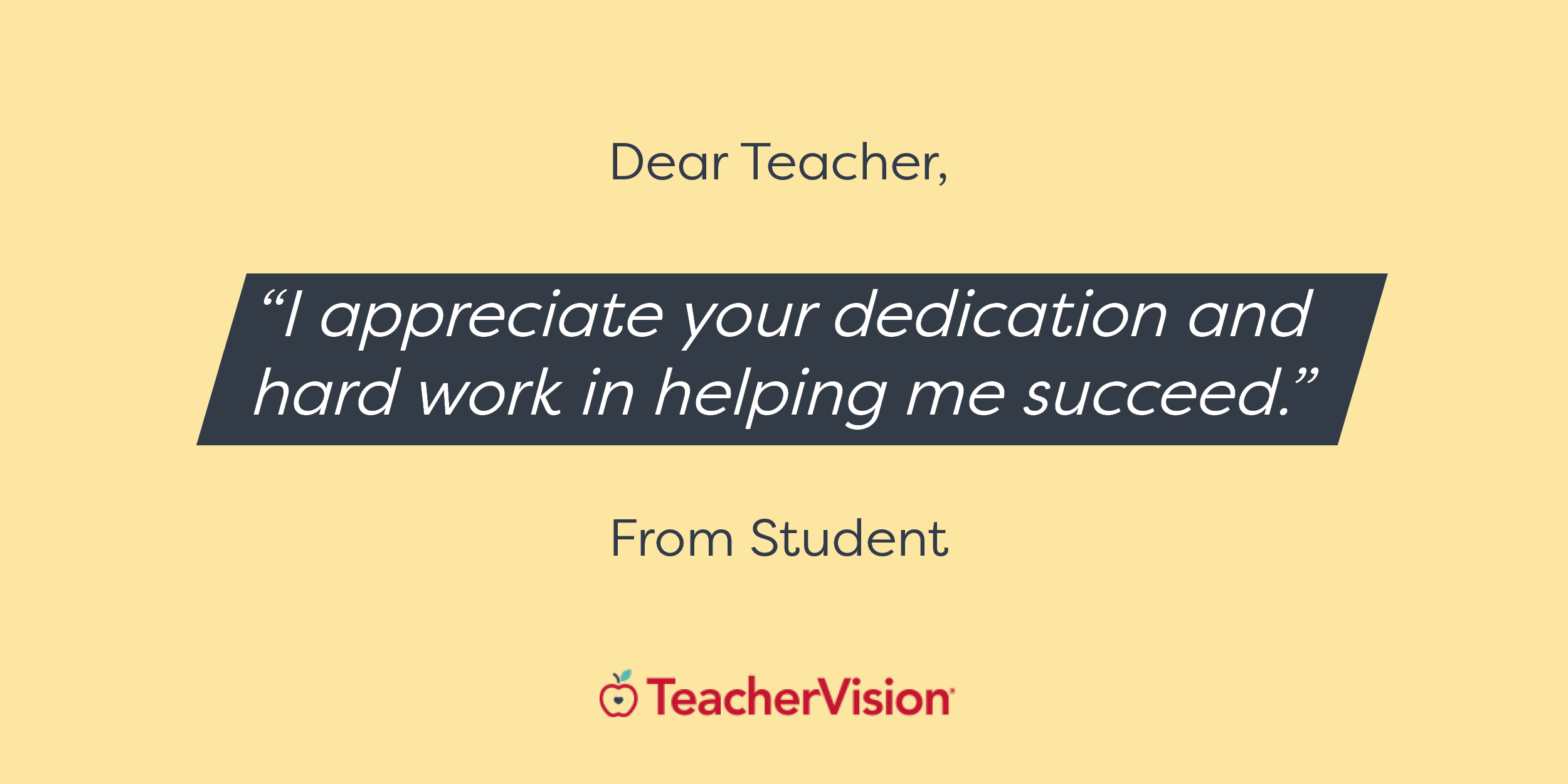
Why Teachers Appreciate Recognition: Understanding the Value of Appreciation
In the realm of education, teachers stand as pillars of knowledge, guidance, and inspiration. They dedicate their lives to shaping young minds, nurturing potential, and preparing students for the challenges and opportunities that lie ahead. However, the tireless efforts of these educators often go unnoticed or underappreciated. This article delves into the profound reasons why teachers appreciate recognition and the significant impact that appreciation can have on their morale, performance, and overall well-being. Understanding why teachers appreciate acknowledgement is crucial for fostering a supportive and encouraging educational environment.
The Emotional Labor of Teaching
Teaching is not merely a job; it’s a vocation that demands a significant amount of emotional labor. Teachers are not just imparting information; they are managing classrooms, counseling students, dealing with parental concerns, and navigating administrative pressures. This constant emotional investment can be draining, and without adequate recognition, teachers may feel undervalued and burnt out.
- Emotional Support: Teachers often act as confidantes and counselors to their students, providing emotional support and guidance.
- Classroom Management: Maintaining order and creating a positive learning environment requires patience, empathy, and strong communication skills.
- Parental Communication: Dealing with parental concerns and expectations can be time-consuming and emotionally taxing.
- Administrative Demands: Teachers are often burdened with paperwork, meetings, and other administrative tasks that take away from their teaching time.
The Impact of Recognition on Teacher Morale
When teachers appreciate receiving recognition, it has a direct and positive impact on their morale. Recognition validates their hard work, acknowledges their dedication, and reinforces their commitment to their profession. This boost in morale can lead to increased job satisfaction, improved performance, and a greater sense of purpose.
Conversely, a lack of recognition can lead to feelings of frustration, resentment, and disillusionment. Teachers may feel that their efforts are not valued, leading to decreased motivation and a decline in their overall well-being. When teachers appreciate feeling valued, they are more likely to remain in the profession and continue to excel in their roles. The feeling that teachers appreciate being seen makes a difference.
Specific Examples of Recognition That Matter
Recognition doesn’t always have to come in the form of grand gestures or expensive gifts. Simple acts of appreciation can often have the greatest impact. Here are some specific examples of recognition that teachers appreciate:
- Verbal Praise: A simple “thank you” or a sincere compliment can go a long way in making a teacher feel valued.
- Written Notes: A handwritten note from a student, parent, or colleague expressing gratitude can be a powerful reminder of the positive impact the teacher is making.
- Public Acknowledgement: Recognizing teachers during school assemblies or staff meetings can boost their morale and inspire others.
- Professional Development Opportunities: Providing teachers with opportunities to attend workshops, conferences, or training sessions shows that their professional growth is valued.
- Small Gifts: A thoughtful gift, such as a gift card, a book, or a plant, can be a tangible expression of appreciation.
- Support from Administration: When administrators actively support teachers and advocate for their needs, it creates a positive and collaborative work environment.
The Ripple Effect of Appreciated Teachers
The benefits of recognizing teachers appreciate go beyond individual morale. When teachers feel valued and supported, it creates a ripple effect that extends to their students, their schools, and their communities. Here are some of the positive outcomes that can result from a culture of appreciation:
- Improved Student Performance: When teachers are motivated and engaged, they are more likely to create a positive and stimulating learning environment that fosters student success.
- Increased Teacher Retention: Recognizing teachers appreciate feeling valued can help to reduce teacher turnover, which can be costly and disruptive to schools.
- Stronger School Community: A culture of appreciation can foster a sense of community and collaboration among teachers, students, and parents.
- Enhanced School Reputation: Schools that are known for valuing their teachers are more likely to attract and retain top talent.
How to Show Teachers Appreciation
There are many ways to show teachers appreciate their hard work and dedication. Here are some practical tips for students, parents, administrators, and community members:
For Students:
- Be Respectful: Show respect for your teachers by listening attentively in class, following their instructions, and treating them with courtesy.
- Express Gratitude: Take the time to thank your teachers for their efforts and let them know how much you appreciate their guidance.
- Participate Actively: Engage in class discussions, complete your assignments on time, and demonstrate a genuine interest in learning.
- Seek Help When Needed: Don’t be afraid to ask your teachers for help when you are struggling with a concept or assignment.
For Parents:
- Communicate Regularly: Stay in touch with your child’s teachers and attend parent-teacher conferences to discuss your child’s progress.
- Volunteer in the Classroom: Offer to volunteer in the classroom or help with school events.
- Write Thank-You Notes: Send a thank-you note to your child’s teachers expressing your appreciation for their hard work and dedication.
- Support School Initiatives: Participate in school fundraisers and other initiatives that support teachers and students.
For Administrators:
- Provide Professional Development Opportunities: Invest in professional development opportunities for teachers to help them grow and improve their skills.
- Offer Competitive Salaries and Benefits: Attract and retain top talent by offering competitive salaries and benefits packages.
- Create a Supportive Work Environment: Foster a positive and collaborative work environment where teachers feel valued and supported.
- Recognize Teacher Achievements: Publicly recognize teacher achievements and contributions to the school community.
For Community Members:
- Donate to Schools: Support local schools by donating money, supplies, or volunteer time.
- Advocate for Education: Advocate for policies and funding that support teachers and students.
- Partner with Schools: Collaborate with schools on community projects and initiatives.
- Recognize Teachers Publicly: Acknowledge and celebrate teachers’ contributions to the community through awards and recognition programs.
The Importance of Consistent Appreciation
While occasional gestures of appreciation are certainly welcome, it’s important to cultivate a culture of consistent appreciation. This means making an effort to recognize and value teachers on a regular basis, not just during Teacher Appreciation Week or other special occasions. Consistent appreciation reinforces the message that teachers appreciate being seen and valued year-round.
By making appreciation a regular part of the school culture, we can create a more positive and supportive environment for teachers, which in turn benefits students, schools, and communities. When teachers appreciate their work environment, they are more likely to stay in the profession and continue to make a positive impact on the lives of their students. It is important to remember that teachers appreciate the small gestures as much as the large ones. When teachers appreciate feeling supported, they are more effective educators.
In conclusion, understanding why teachers appreciate recognition is essential for creating a thriving educational ecosystem. By consistently showing our appreciation for the hard work, dedication, and emotional labor of teachers, we can boost their morale, improve their performance, and create a better future for our students. Let us make a conscious effort to recognize and value the invaluable contributions of our teachers, not just today, but every day.
[See also: Teacher Burnout Prevention Strategies]
[See also: The Importance of Parental Involvement in Education]

